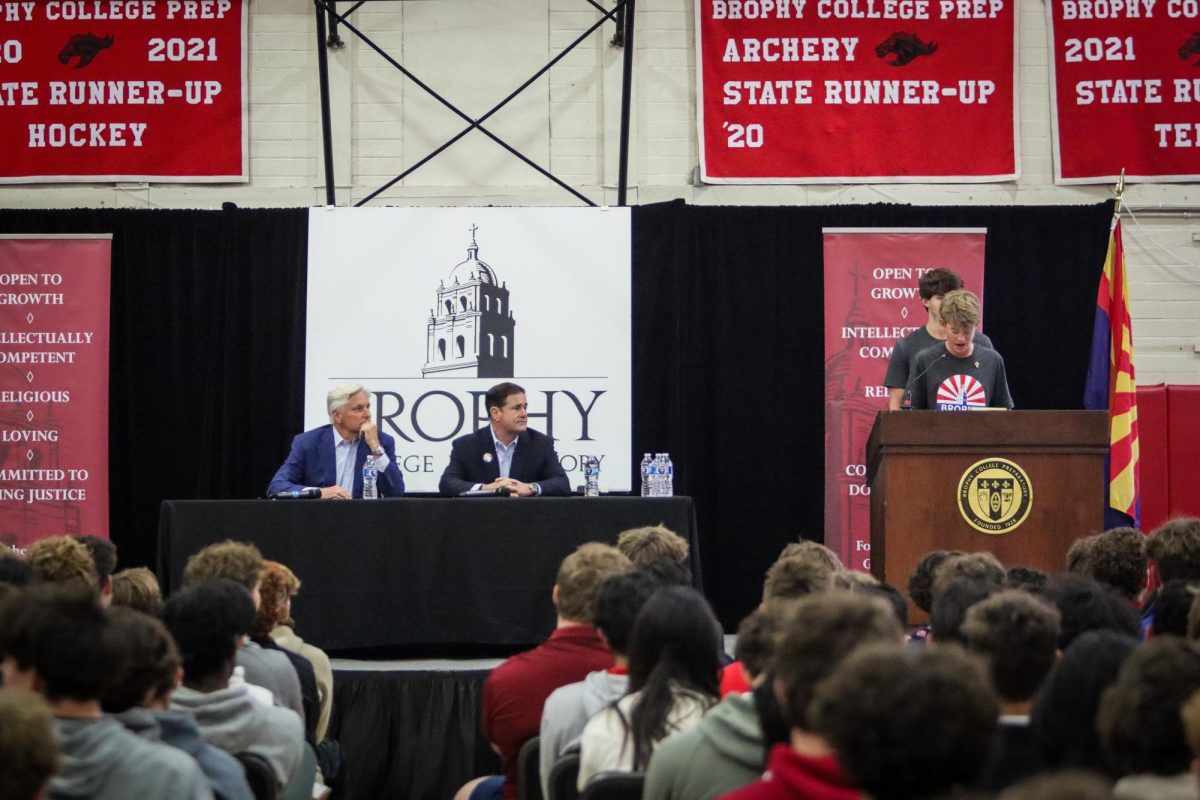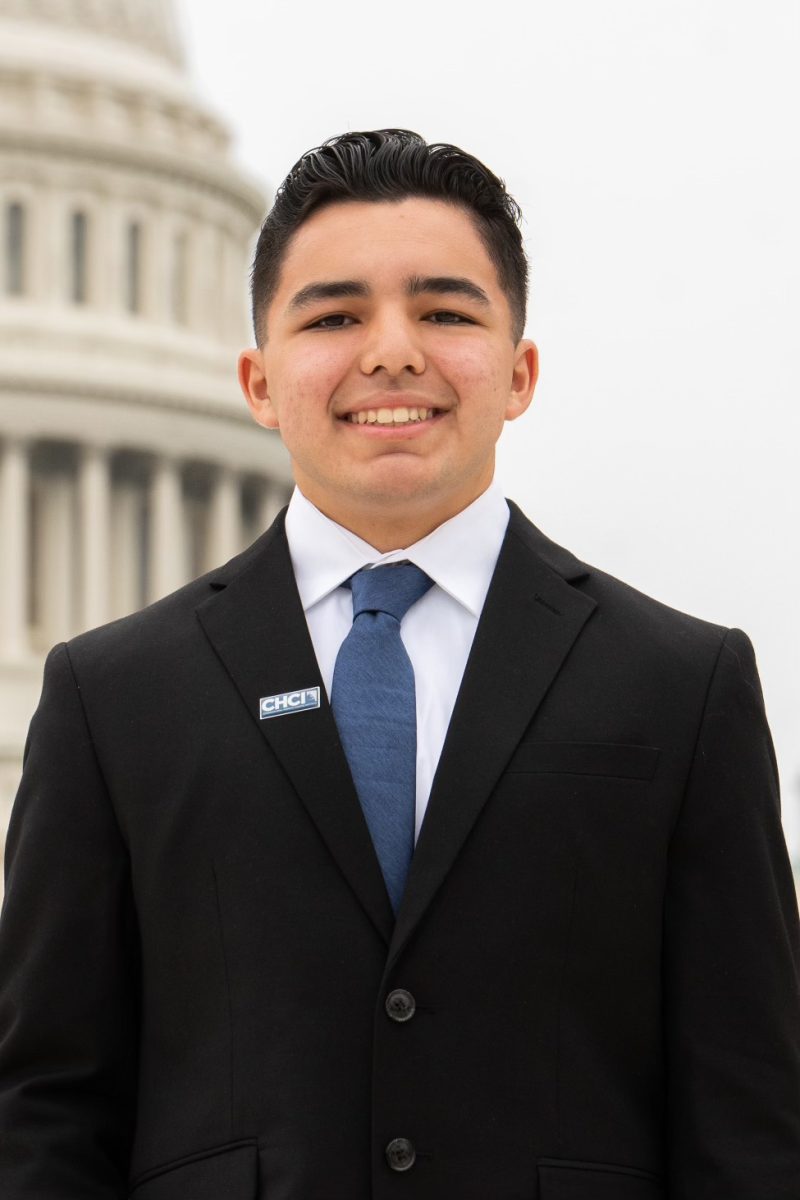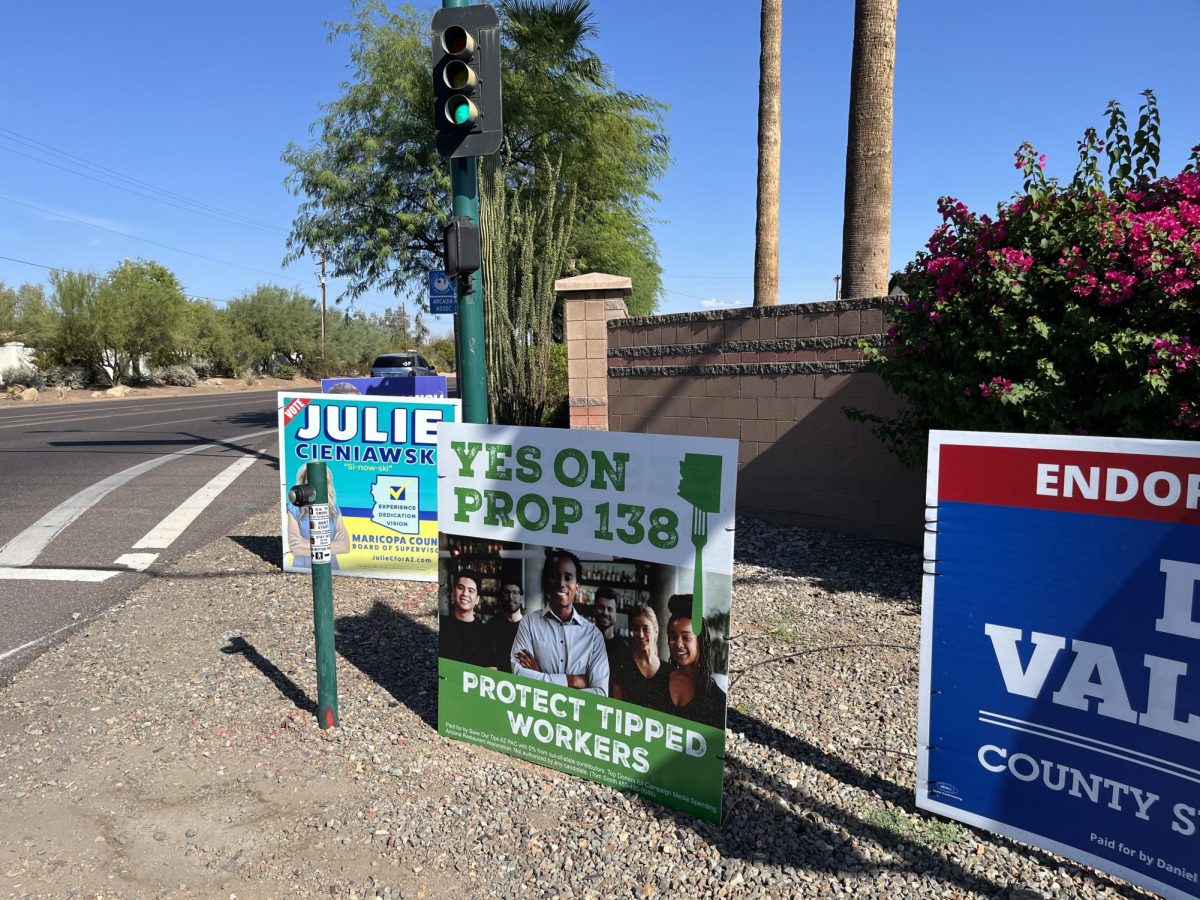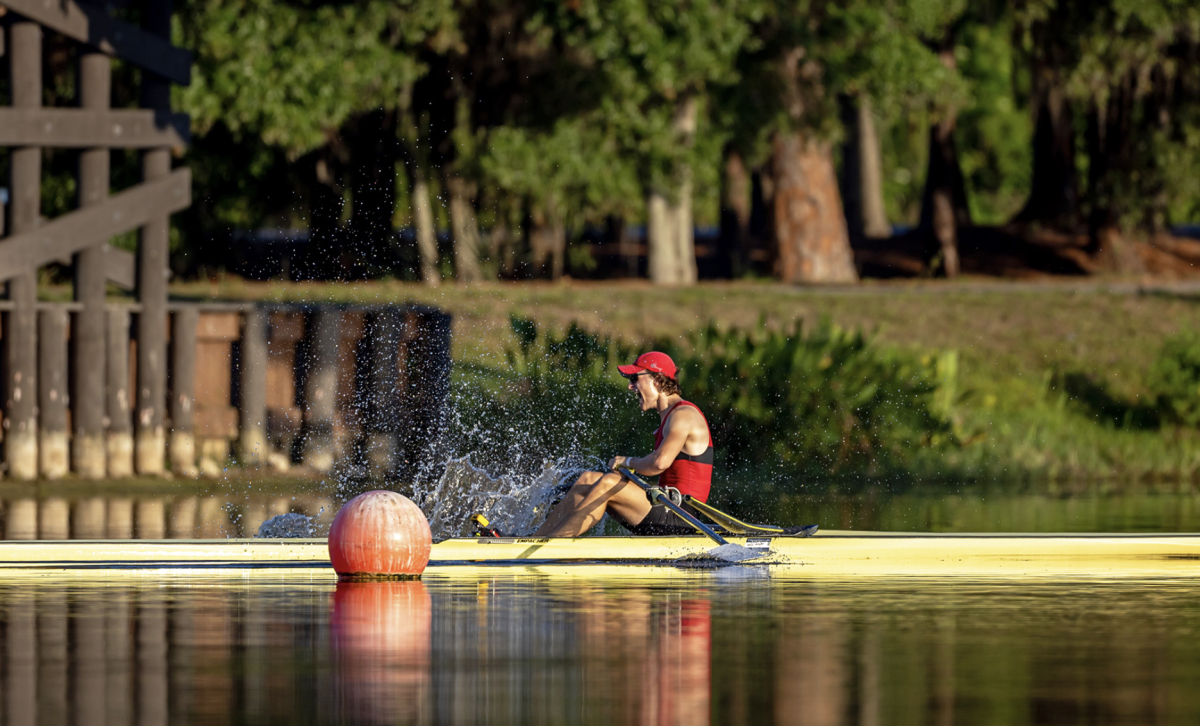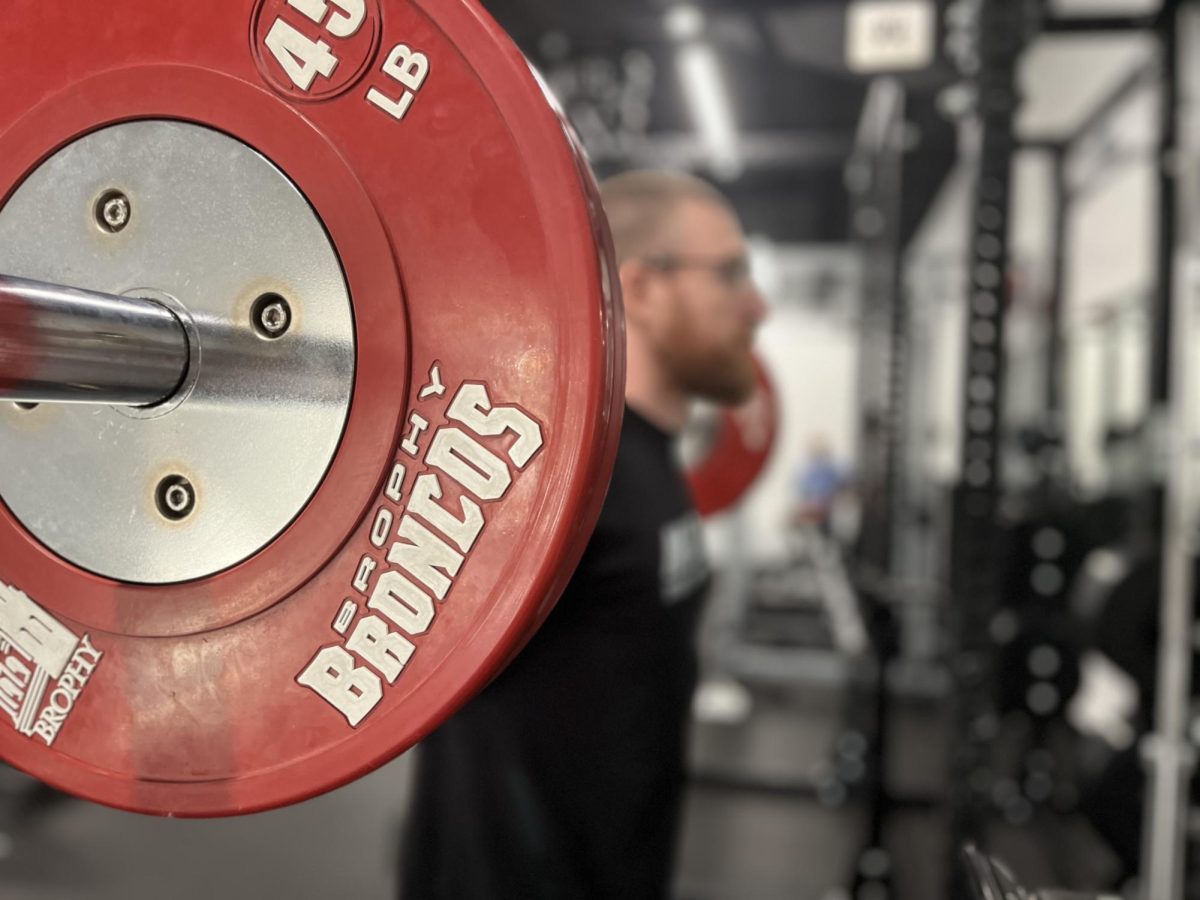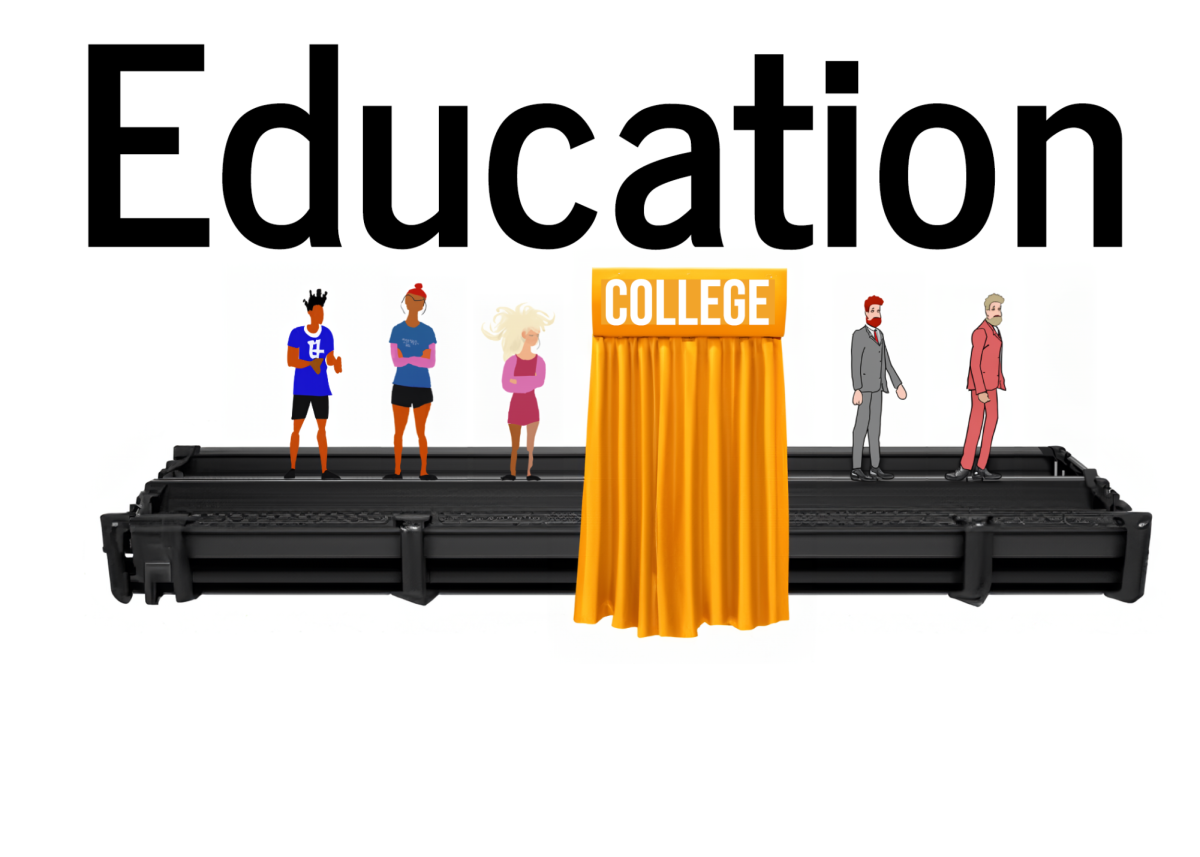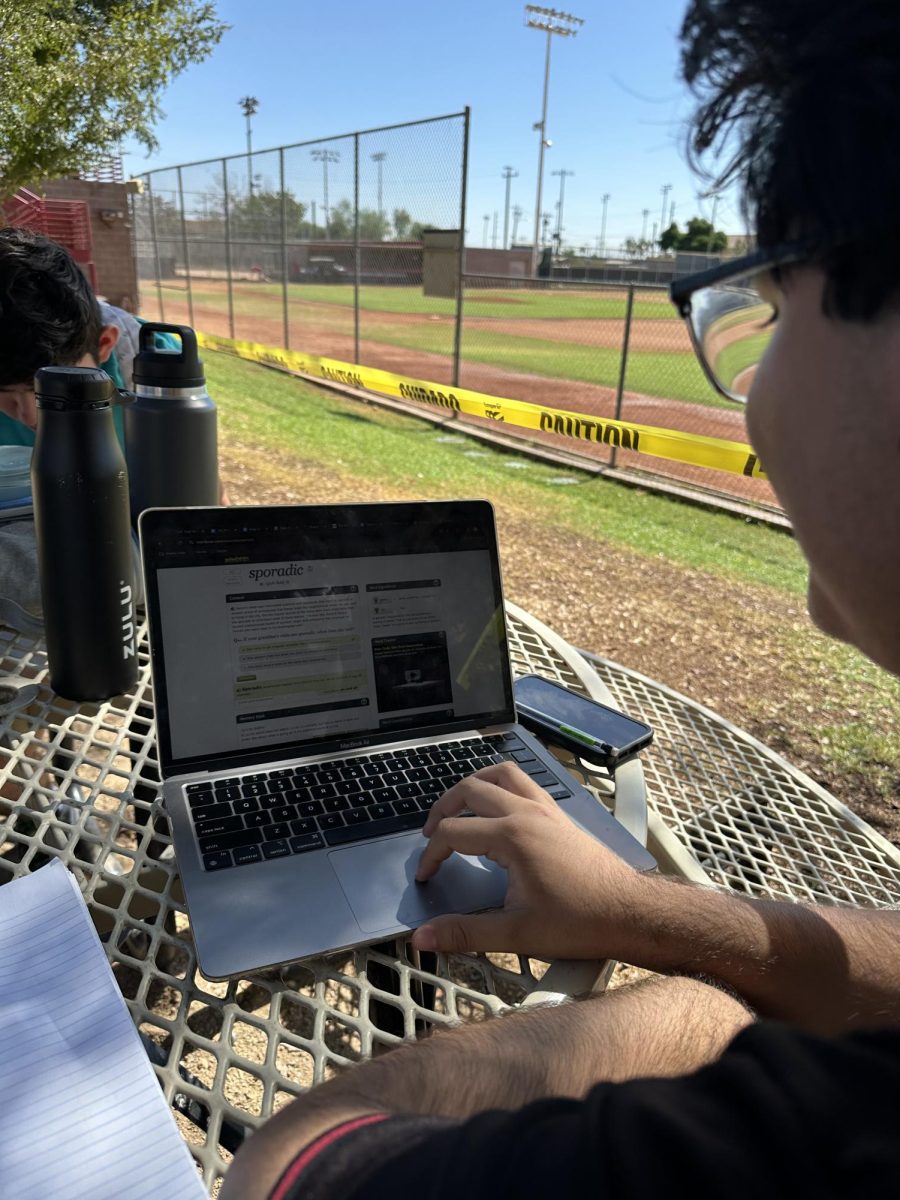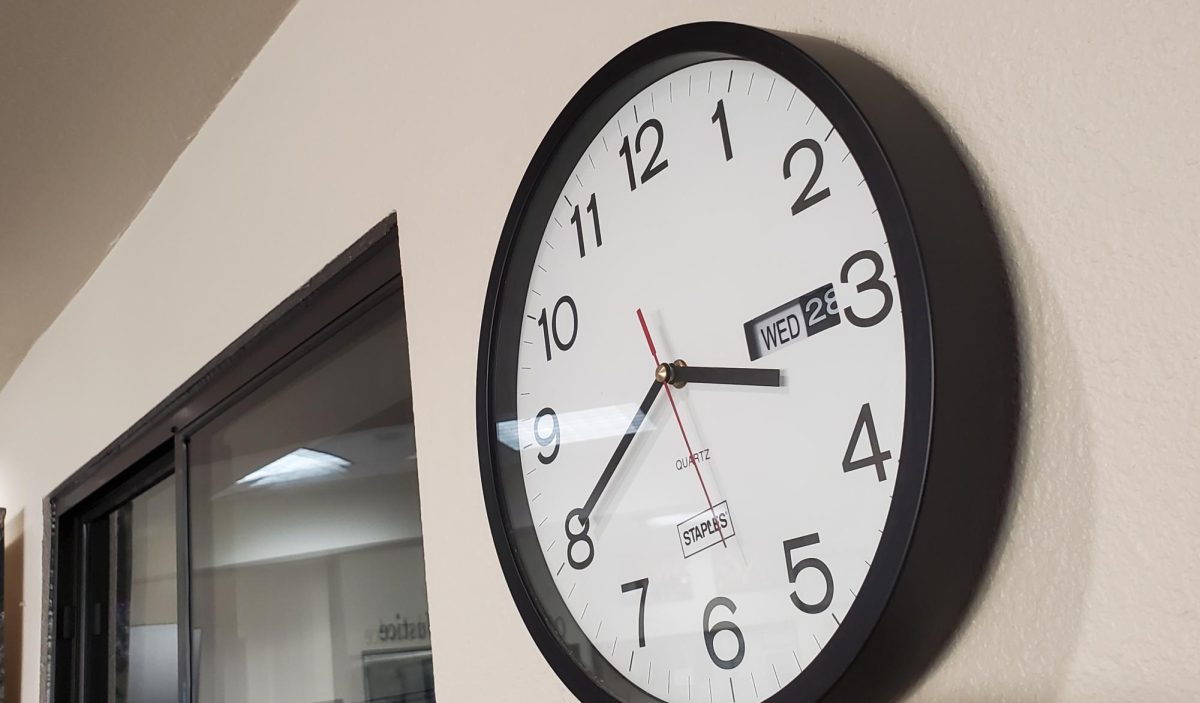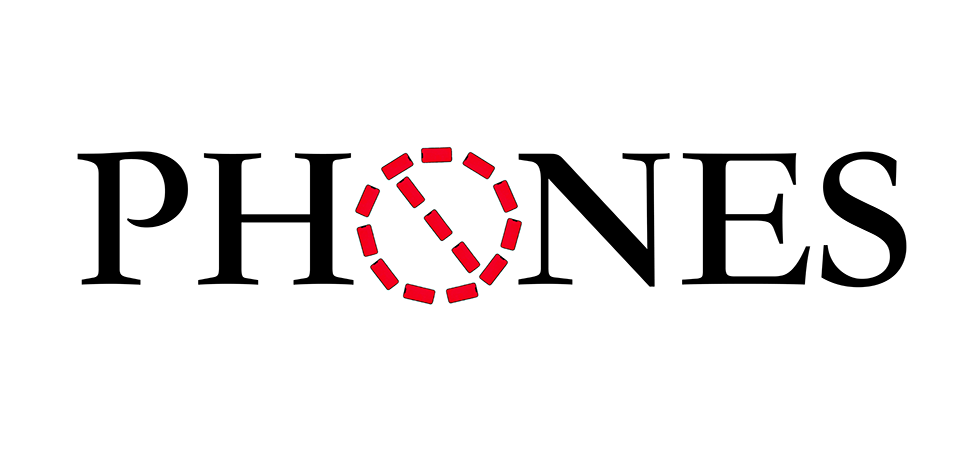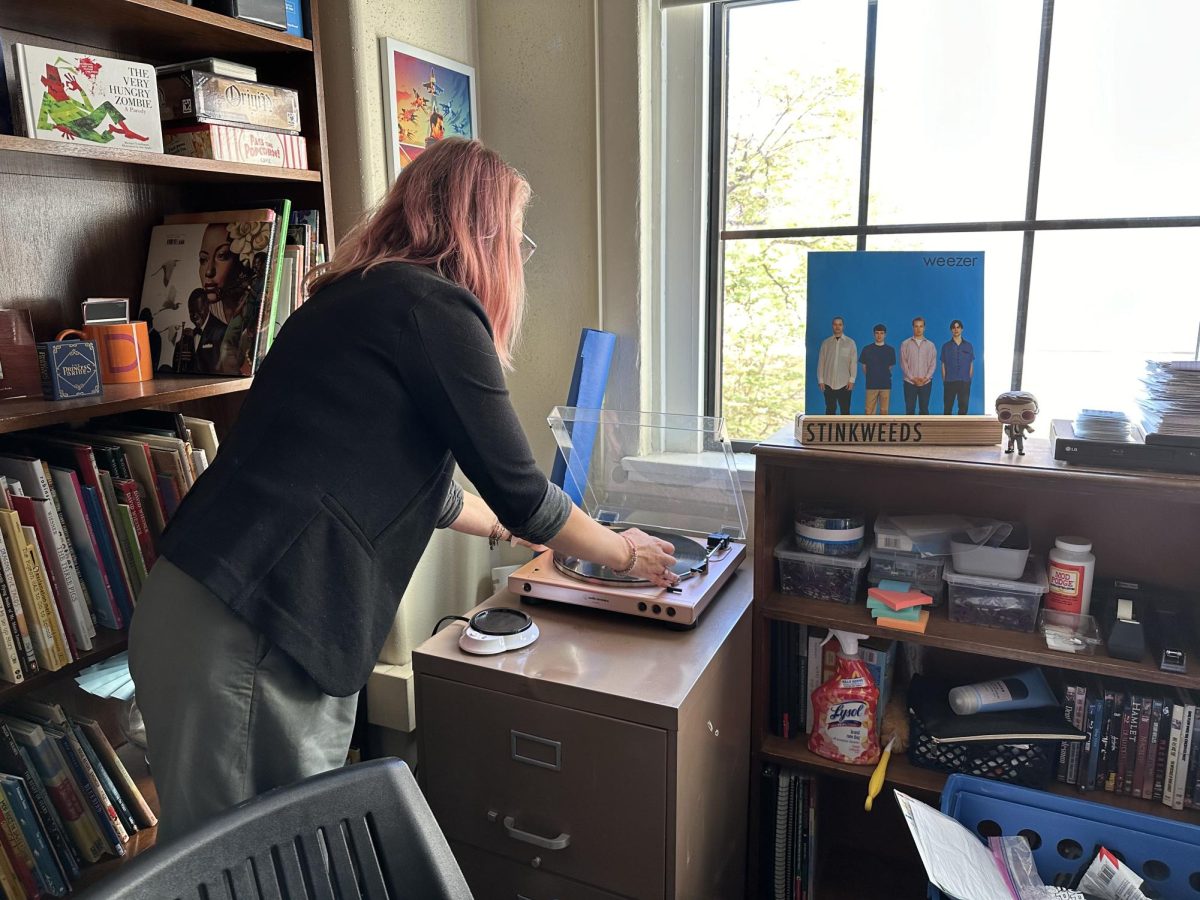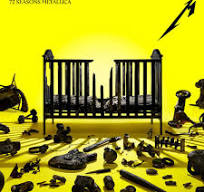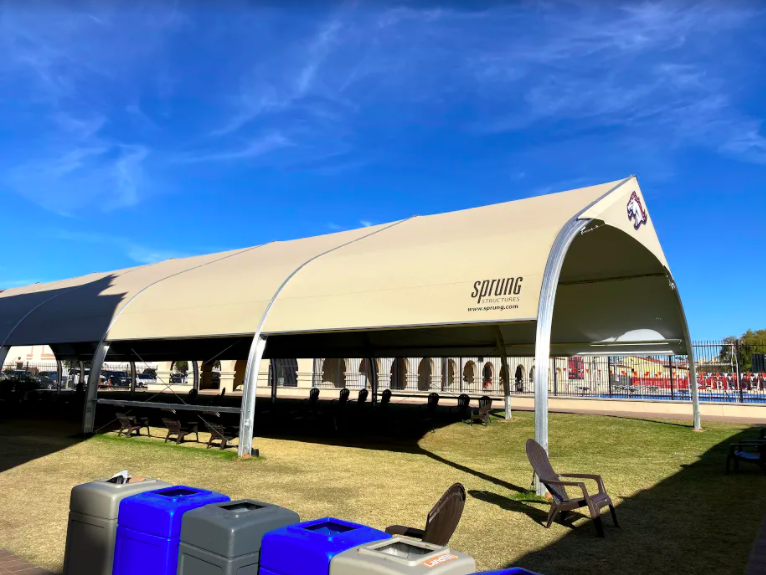By John Wichterman ’23
THE ROUNDUP
The Brophy community came into the 2020-2021 school year with high hopes, but the expense to return back to school safely meant that sacrifices had to be made to make it possible.
One project that was put on hold was Mr. Cooper Davis’s ’10 plan to get Brophy to convert to solar power and find different funding resources in order to pay for them.
Mr. Davis is part of Brophy for Our Common Home and the Student Climate Coalition, which both help brainstorm and plan ideas to make Brophy’s campus more sustainable, energy efficient, and thoughtful towards the environment.
“The plan was in discussions last year was that there was massive momentum for investing in solar going into the 2020-2021 school year. Ms. [Adria] Reinke was super excited about it, Mr. [Bob] Ryan was super excited about it. We had designs drawn, we had contractors ready to go, and just, unfortunately, that money needed to be spent on other things,” Mr. Davis said.
“It might take us a little bit longer than originally planned, but I think that’s okay if the mindset in our hearts are in the right place and the end result is not only solar panels but scholarships as well, so we are really seeing this as plan ‘A+.’”
Mr. Davis said that he has no hard feelings on the project being put on hold since the result will eventually be to have a greener and healthier campus, which would ultimately be a better Brophy.
He is hopeful that solar panel construction will begin next summer.
Originally, COVID was never part of Brophy’s budget as it was set in January, long before the possibility of COVID affecting our everyday lives was even reasonable.
Ms. Missy Grams, the Director of Facilities, explained that in order to have enough funding for COVID related items, money had to be conserved in other areas of the budget for the moment.
One example of conserving money that Ms. Grams highlighted was holding off spending on optional items and projects that can be resumed later, like Mr. Davis’s project.
“From my standpoint, there are times that something we would like to do, something that’s an optional expense, that for now we are just tabling because of the unknown. We don’t know how other expenses might come up due to the current needs from COVID…it doesn’t seem fiscally smart to invest in doing something that is an optional expense at this time,” Ms. Grams said.
“Our budgets are set early in the year before COVID was even a thought in our minds and so the expenses that have come up since COVID were after the fact, so the budget didn’t change, but our expenses changed. We had plans for the school year and everything we have done for COVID is in addition to that,” said Ms. Missy Grams, the Director of Facilities.
As the possibility of returning to school became a reality, multiple meetings were held to figure out the best possible ways to ensure the safety of the students returning back to school.
“Things have come up one-by-one. For example, when we started talking about how we were going to have students come back safely, we started talking about the air quality in all of the buildings,” Ms. Grams said.
“So then the research started: ‘What’s the best way to get the best air quality in the buildings to keep everyone the safest,’ and when we found out the route we wanted to go, then we determined this is what we are going to spend for that, to make that happen,” Ms. Grams said.
Not only did students’ safety have to be prioritized while in the classrooms, but it also had to be prioritized during passing periods, break, and lunches with additions like the shade structure at the Dutch lawn.
“Making sure that everyone was safe while eating was a huge challenge that we knew we were going to have to invest money in to make it happen…So what was the best way to do it in this hot sun for the first few months? So we invested in the shade structure. I think it’s been really a great addition,” Ms. Grams said.
The shade structure may seem to be the most expensive of the installations added on campus due to its size and quality, but the most expensive installation was actually the ionizing units for the HVAC (heating, ventilation, and air conditioning) system.
“Our largest investment so far has been installing ionizing units in our HVAC system to make sure our air is clean, pure and safe for everyone. That was a big investment, but also a very important investment,” Ms. Grams said.
The role of the ionizing units is to molecularly change the air in order to clean and purify the air.

